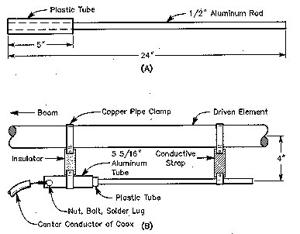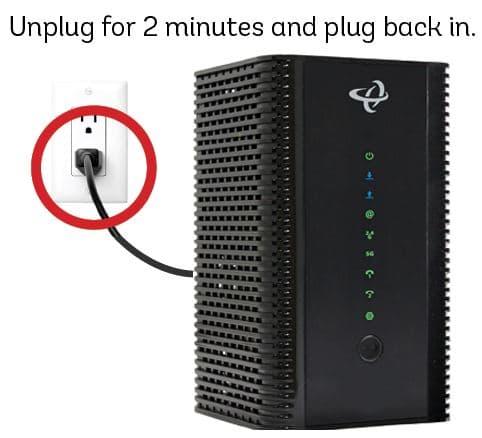Gone are the days when our choices for RV TV antennas were limited to the classic batwing. With the transition from analog to digital broadcasts, a whole new world of antenna options has opened up, ensuring that your entertainment experience on the road is second to none. But let’s face it, not everyone is a whiz at setting up their TV to RV antenna. Fear not, this guide is here to help you through the process, ensuring you won’t miss a beat of your favorite shows while you’re out adventuring.
Step 1: Understanding Your RV’s Setup
Before diving into the installation, it’s crucial to get acquainted with your RV’s wiring. Knowing the ins and outs of your RV’s cabling system and service level is essential. If your RV is already equipped with cables, give them a once-over to determine if an upgrade is necessary. This step is vital in choosing the right antenna or satellite dish for your RV.
Step 2: Gathering Your Gear
To achieve the best performance, you’ll need a few key items:
- A portable satellite dish or crank-up antenna
- Your trusty TV
- Brackets, mounts, caulk, a power drill, and screws
Some satellite dishes on the market, thanks to advanced GPS technology, can automatically search for signals, saving you the hassle of manual adjustments.
Step 3: Connecting the Cables to Your TV
If you’re working with an existing antenna or satellite dish, connect the cables to the control box or directly to your TV. If your dish supports high-definition, you’re in luck—you’ll have HDMI cables at your disposal. Otherwise, standard coaxial cables will do the trick. Just screw them into the back of your TV.
For a new antenna or satellite dish, follow the instructions provided with your purchase. Don’t forget to apply caulk around the base of the antenna for a secure fit on your RV’s roof. Once the caulk dries, consider screwing the antenna directly to the roof for added stability, especially if you’re traveling with family.
Step 4: Install the TV Signal Meter
A TV signal meter, like the KING SureLock or Winegard SensarPro, can be a game-changer. It allows you to find the best digital TV signals before scanning for channels on your TV. With features like an adjustable amplifier and audio signal feedback, these meters make it easier than ever to align your antenna for crystal-clear reception.
Conclusion
With these steps, you’re now equipped to hook up your TV to your RV antenna like a pro. If you run into any snags or need further guidance, don’t hesitate to reach out for assistance. Remember, the goal is to ensure you have the best possible TV experience while enjoying the freedom of RV life.
And there you have it, folks—a straightforward guide to keep you entertained on the road. Happy travels and happy viewing!


![[Windows 8] How to share Internet connection with your phone, tablet, other computers, and other dev](https://www.800908.com/wp-content/uploads/2021/10/1224-6.png)

